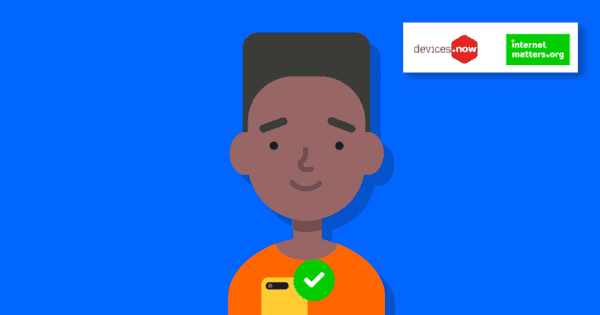Here are a few extra things you can do to keep them safe
1. Support them online by having regular check-ins with children about what they do online. This will give you an idea of what advice and guidance they need to stay safe.
2. Agree on boundaries on where, when, and how they should use their devices. You can set up a family agreement that the whole family can sign-up to help build up good digital habits in your home. This could screen-free zones in the house or which apps they should or shouldn’t use on their devices.
3. For younger children, make use of the free parental control tools available on the devices they use to create a space where they can explore safely. This includes setting home broadband filters to block inappropriate content or using apps like Screentime on Apple or Google Family Link on Android phones to manage what they do on their devices.
4. Have age-appropriate conversations about what they might see online so they feel confident to come to you for support if they see something that upsets them or makes them feel uncomfortable.
For age-specific advice to keep children safe online visit internetmatters.org/advice


